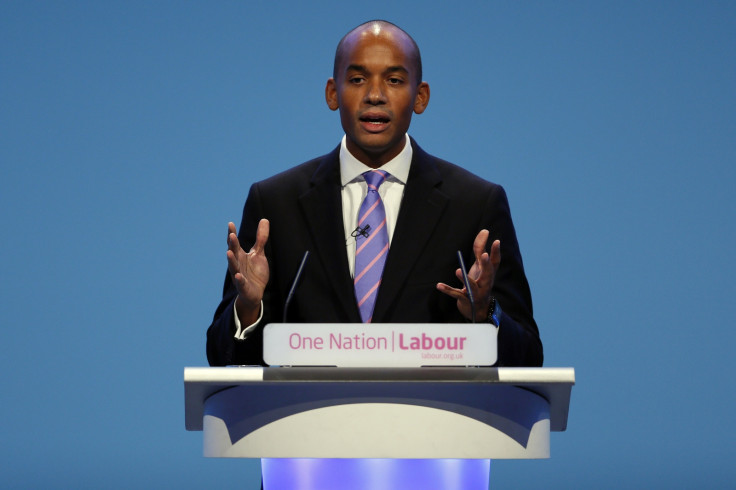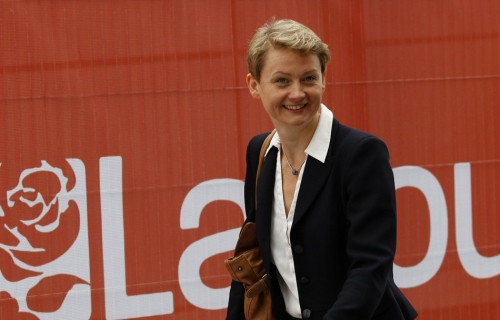Labour in crisis: Yvette Cooper and Chuka Umunna join the fray to become leader

The defeated Labour Party has said it will select a new leader to replace Ed Miliband in mid-September, ahead of its annual conference.
The announcement, on 13 May, came as shadow health secretary Andy Burnham and home affairs spokeswoman Yvette Cooper threw their hat into the ring.
Shadow business secretary Chuka Umunna and shadow care minister Liz Kendall have already declared an interest in leading the party.
Cooper, in an interview with the Mirror, pledged to "make life better for families".
She says Labour lost the election because it failed to convince voters it "had the answers to match up with their ambitions".
Cooper, whose husband shadow chancellor Ed Balls lost his seat last week, also warns against the party trying to turn back the clock.
She added: "Labour lost because we didn't convince enough people in all parts of the country that we had the answers to match up with their ambitions.

"This four-month leadership election can't be just a debate about the future of our party as some have suggested. It has to be a debate about the future of our country. I'm in politics to make change happen. Because I believe we are an incredible country, capable of achieving anything when we put our minds to it and pull together."
Acting leader Harriet Harman pledged an "open and honest" debate on the future. "Our challenge now is to use this time to listen and learn, to elect a new leader and deputy leader who will rebuild the Labour Party in order to take the fight to this Tory government and to stand up for Britain," she said.
Miliband resigned last week after the party was left with just 232 seats, having sustained heavy losses at the hands of the Scottish National Party and failing to make ground in England. The Conservatives defied the opinion polls to win an overall majority.

Shadow home secretary Yvette Cooper, Education spokesman Tristram Hunt and Mary Creagh, who held the shadow international development portfolio, are also seen as potential successors.
However, work and pensions spokeswoman Rachel Reeves has ruled herself out, telling the BBC the party needed to shift to the centre ground of British politics to win the next election.
Harman denied the long campaign would benefit any one candidate.
"It's a sensible proposal, it's a sensible timetable, which allows us to get as many people as possible nominated and then enough time for reflection."
Hopefuls have until 15 June to gain the support of 34 colleagues, meeting the requirement of having the backing of 15% of the party's MPs.
Under rules agreed last year, all Labour Party members, registered supporters and affiliated supporters - including union members - will be allowed one vote each.
In a video announcing his decision, Burnham said the party needed a leader "whose voice could carry into all the nations and regions of the UK".
"Our challenge is not to go left or right, to focus on one part of the country above another, but to rediscover the beating heart of Labour. That is about the aspirations of everyone, speaking to them like we did in 1997."
Kendall, who has suggested her party lost "because people didn't trust us on the economy", said she felt it was "maybe time" that Labour had a female leader. She told BBC Radio 4's Woman's Hour that Harman and former Foreign Secretary Margaret Beckett had "blazed a trail".
The ballot will close on 10 September, with the new leader announced two days later. Labour's annual conference begins on 27 September.
© Copyright IBTimes 2025. All rights reserved.





















